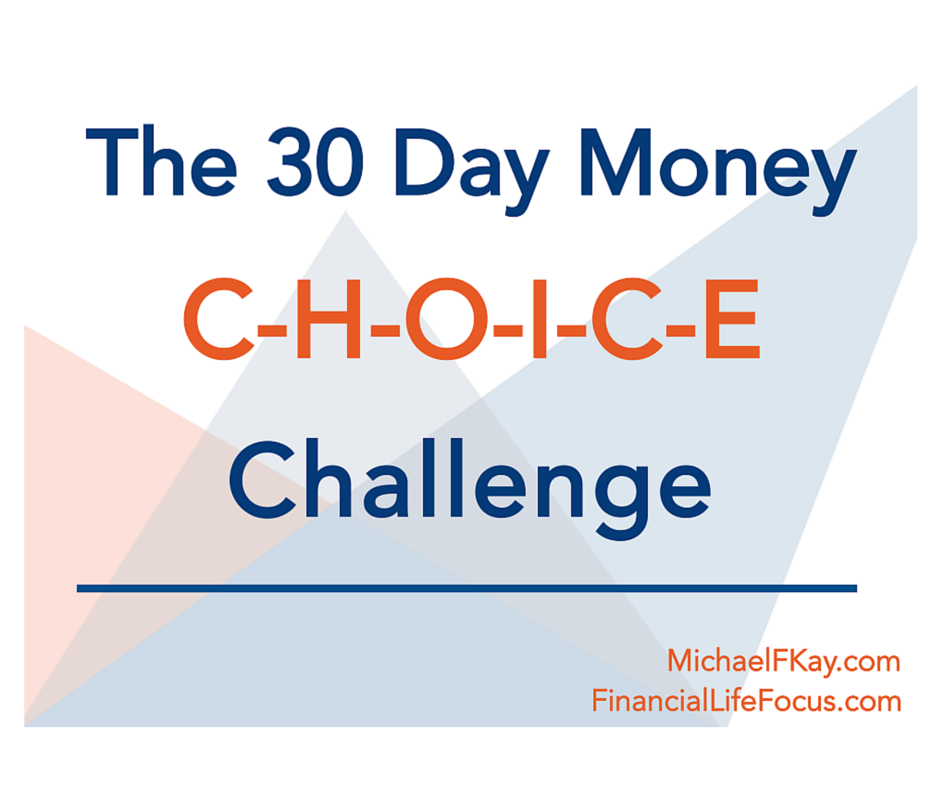 If you pay attention to the news, you might come away with two conclusions:
If you pay attention to the news, you might come away with two conclusions:
Our country—wait, no the world—is on the verge of collapse.
There is no possibility of survival, unless you put (insert candidate of the moment) into office.
Fear is the club used to cow voters. There is no hope without the salvation politicians are selling. The half-truths and outright misrepresentations are astounding enough to make you grab the shovel and start digging your bunker.
Instead, let’s reframe some of the rhetoric and silliness, especially when it comes to the economy.
When you hear a politician place the credit for economic expansion at the feet of the current administration, you can reach for the airsick bag or bowl of popcorn. It’s all theater. Yes, it is true that Fed policy impacts the economy. Yes, it is true that certain tax provisions can stimulate the economy. But let’s face it—it takes years from the action to the intended result.
Let’s take, for example, Fed easing or tightening of monetary policy—the cost of lending from bank to bank. The markets erupt in anticipation of an action and by the time the actual announcement is made, the markets have already priced in the change. But the real impact might take several quarters or years to achieve.
Another example. During the Recession (you remember the Recession, right?) the government decided to stimulate the economy by sponsoring massive spending on infrastructure. Many voters thought “wow, that’s awesome”. Except the time from legislation to the first shovel in the ground could be three to five years. So where’s the stimulus?
There is action. There is talk. And there is fear.
“I’d better not invest money because the market might crash!”
“I’d better not spend the money on that class to improve my skills, because I might lose my job when the economy collapses.”
“I don’t trust financial institutions, so I’m going into mattress mode.”
Let’s looks at some facts.
The economy, for the most part, has little to do with Congress or the President. The success or failure of the economy is mostly a function of market cycles or growth, expansion and contraction. It’s like spring following winter. Eventually, it does.
Company earnings and profits are the bell-weather of where we are in the cycle and all the fear in the world isn’t going to change that. If you own a profitable company (or work for one) and the Fed raises the Fed Funds rate by .25%, do you really believe that you are now at the brink of financial ruin?
Depending on your current age, you have many business cycles yet to “survive.” Knowing that down years—and recessions—are on the horizon can help take the sting out of the media frenzy that builds your anxiety.
Better yet, set your sights on these six financial truths to operate your financial life without the constant fear and dread:
- Forget about trying to time market cycles. You are more likely to add to your pain than heal it if you make even one mistake. Trying to buy on the dips or selling at “peaks” is no different than a trip to the casino.
- During down markets, appreciate that your contributions to your investment programs (401k’s, 529’s,etc) are buying in at more favorable prices.
- Design your portfolio to take advantage of broad markets rather than trying to pick the hot stocks or sector. Spreading out your risk is a much more prudent approach than attempting to pick the “right” stocks.
- When you make a decision to buy a stock, remember there is someone who is selling it because they no longer believe in it. For every buy, there’s a sell…there is no warehouse in Ho-Ho-Kus with unclaimed shares sitting on a shelf waiting for you to buy.
- Long-term investments are meant for the long term! If you’re playing the market for short- term appreciation, be prepared to pay the price for your folly.
- Get away from “end of the world” thinking. Let’s be serious, if there is a complete meltdown of the global economic financial structure, does it matter whether your assets are in your mattress, sitting in the stock market or in gold bullion? No, it would all be worthless—so move on and stop worrying.
Let the politicians (and wannabes) play their word games and beat their chests lamenting the impending doom that only they can solve—while you live your life knowing you’ve got it covered.


